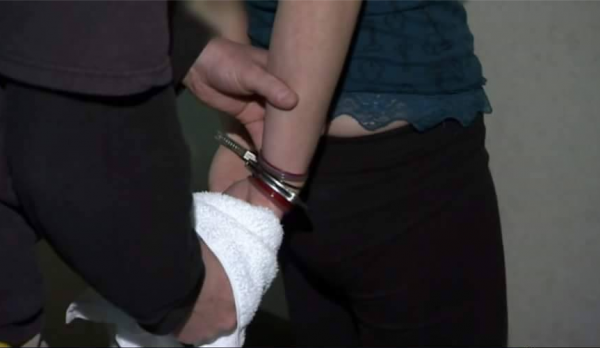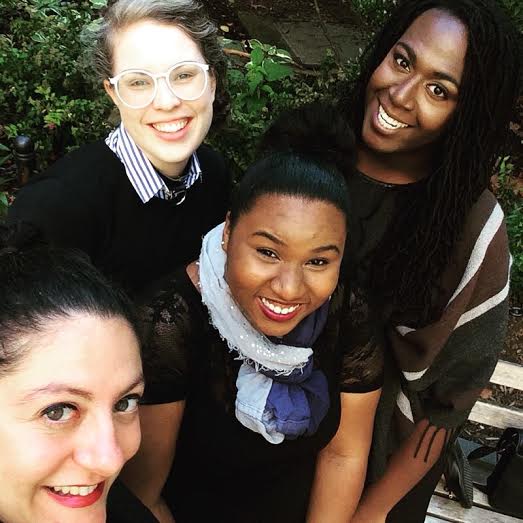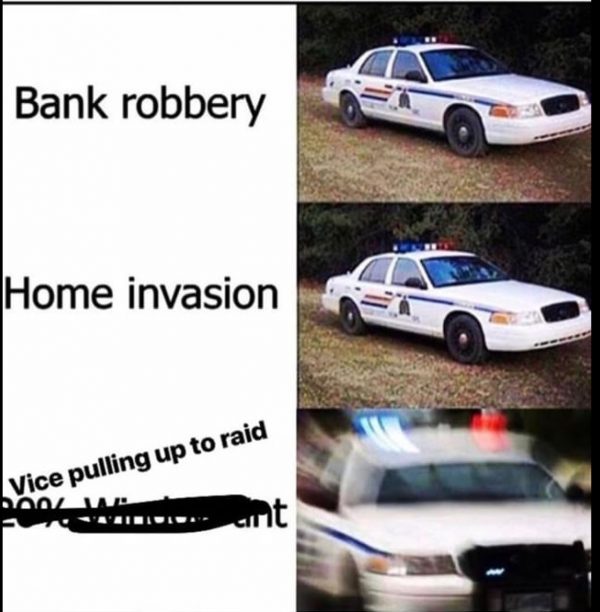602 Imaginary Prostitutes Were Arrested in Alaska Three Years Ago

In the FBI’s 2013 Uniform Crime Report, released in November 2014, Alaska reported 648 prostitution arrests: 1 juvenile and 647 adults. This number is up from 38 arrests in 2012 and 69 in 2011. How could prostitution arrests have jumped so much in just one year?
They didn’t. Alaska maintains a report entitled Crime In Alaska, based on the same numbers that are submitted to the FBI for the Uniform Crime Report. In Crime In Alaska 2013, released in 2014, the state reports only 46 prostitution arrests in 2013: 22 sellers and 24 buyers of sex. This number seems correct: the Anchorage Police Department reported 41 prostitution arrests, and the state made five prostitution charges in 2013. Stephen Fischer, an FBI spokesman, explained that the issue was caused by “an error for entering data.”
Just what kind of trouble can 602 imaginary prostitutes created by a typo by the FBI cause?



